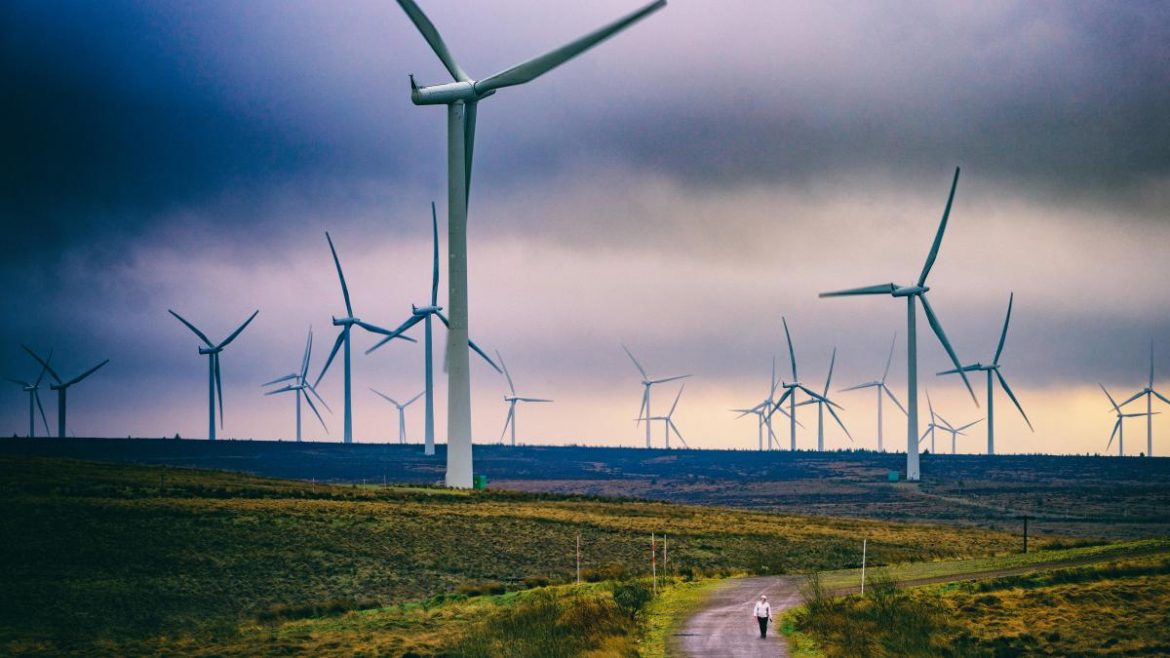A new report has shown that Ukraine has completed more onshore wind turbines than England since it was occupied by Russian soldiers – despite the UK government’s promise to relax restrictions on onshore windfarms.
Available reports show that only two onshore wind turbines have been installed in England since Russia invaded Ukraine in February last year, generating 1 megawatt (MW) of electricity in the Staffordshire village of Keele.
Ukraine’s Tyligulska wind power plant, which is the first to be built in a conflict zone, has begun generating enough clean electricity to power about 200,000 homes just 60 miles from the frontline in the southern region of Mykolaiv, with 19 turbines providing an installed capacity of 114MW.
Ed Miliband, the shadow climate change secretary, said: “This extraordinary revelation is a terrible indictment of Rishi Sunak and his staggering failure to end the onshore wind ban.
Read also: More than 1,500 arrested at Extinction Rebellion protest in The Hague
“Even governments fighting for their very survival can get on and build the clean energy infrastructure needed to tackle the cost of living crisis, the energy security crisis, and the climate crisis with more urgency than the Tories can muster.”
Recall that No 10 promised last year to dismantle an effective ban on onshore windfarms in England, which was put in place in 2015 by tightening planning restrictions in the national planning policy framework. However, the government is yet to make any changes and campaigners believe a rebellion of backbench Tory MPs threatens to pile pressure on ministers to make only modest tweaks to the framework, which would continue to hold back the rollout of English windfarms.
According to analysts at the Energy and Climate Change Intelligence Unit (ECIU), the ban on onshore wind, which is known to be the cheapest source of electricity, is estimated to have cost UK billpayers £800m over the past winter when millions were plunged into fuel poverty for the first time due to rising global energy market prices.
Story was adapted from the Guardian.
